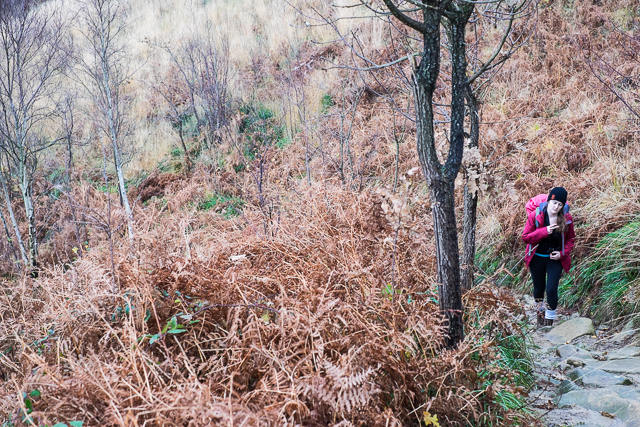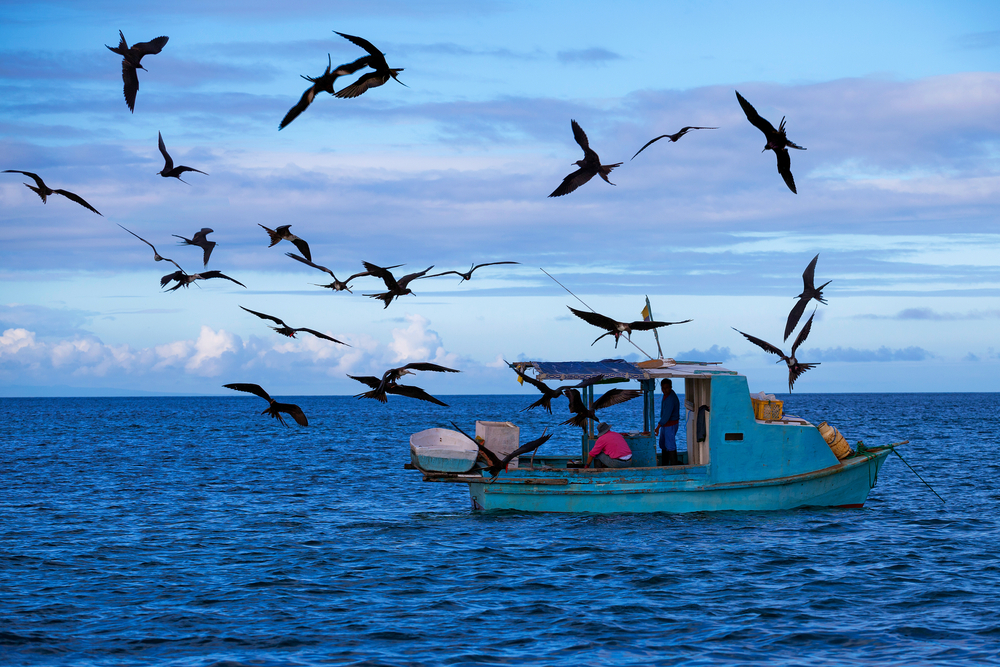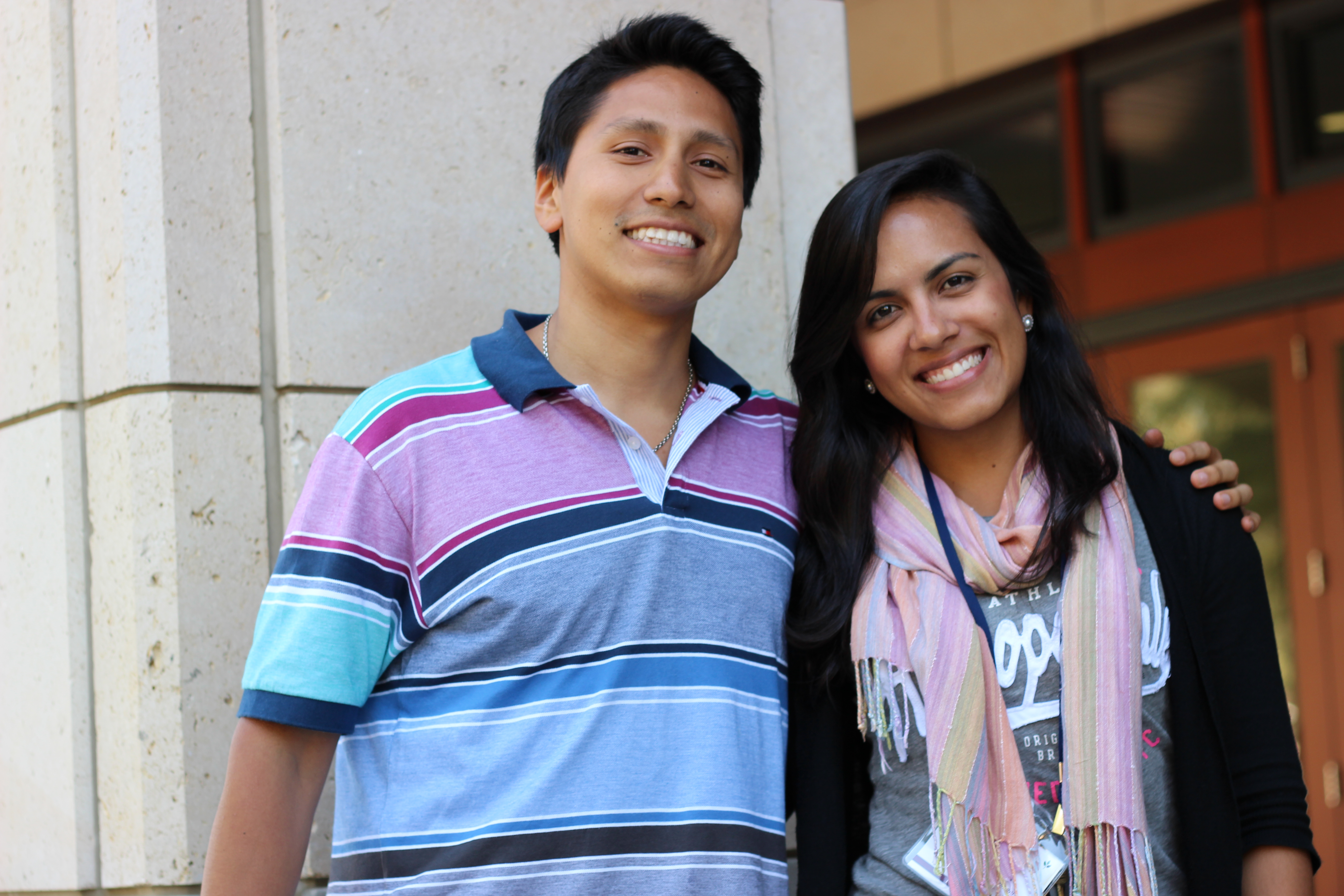News
Fern-choked hillside on a lovely stretch of the Camino de Santiago. © John Reid
I spent five days in December walking through Spain's Basque Country on the northern variant of the ancient pilgrimage route to Santiago de Compostela. And also walking through the Anthropocene, a geologic era recently declared by non-geologists to describe our time, an epoch in which people shape the earth more than plate tectonics or asteroid collisions.
Conservation Strategy Fund is accepting applications for our International Economic Tools for Conservation Course! Now in it's 17th year, our flagship course will be offered August 10-21, 2015 at Stanford University.
CSF presenta la cuarta publicación del programa Investigaciones Económicas Aplicadas para la Conservación en la Amazonía Andina, puedes descargarlas aqui:
Documento técnico para descargar:
Les invitamos a la primera presentación de resultados de las investigaciones desarrolladas en el marco del programa Investigaciones Económicas Aplicadas para la Conservación en la Amazonía Andina, diseñado para fortalecer las capacidades de investigadores de la región en la aplicación de herramientas avanzadas de análisis económico para la conservación de la biodiversidad.
CSF presenta la tercera publicación del programa Investigaciones Económicas Aplicadas para la Conservación en la Amazonía Andina:
Lone fishing boat, Jamaica
Jamaica’s Goat Islands are the center of what has often been portrayed as a classic development-versus-environment conflict.
An international study shows there may be better, cheaper and less environmentally damaging alternative sites for the proposed transshipment port and logistics hub.
Kingston, Jamaica: The Conservation Strategy Fund (CSF), today announced the findings of a cost-effectiveness assessment of four potential sites for the proposed transshipment port that China Harbour Engineering Company (CHEC) is proposing to build. CSF’s recommendations were presented to a group of senior decision-makers at a meeting at the Courtleigh Hotel today.



